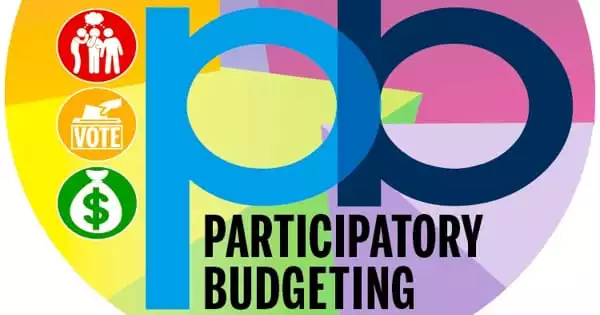In some places of the United States, women’s health has had a particularly trying year. In Texas, the deceptive “Heartbeat Act” imposed a slew of abortion restrictions by making it unlawful for doctors to conduct or induce abortions after six weeks.
Because of the reality of pregnancy detection, the window of time in which a person may legally get an abortion is much smaller, with some doctors stating that this effectively outlaws abortion.
Now, news of convictions has sparked additional uproar, as women imprisoned following miscarriages. A jury convicted Brittney Poolaw, a 21-year-old Oklahoma woman who miscarried at four months pregnant in January 2020, of first-degree manslaughter in October.
She had been given a four-year jail term. The harsh punishment has received with furious resistance since one in every four pregnancies is projected to end in miscarriage.
While the reason for Poolaw’s miscarriage has yet been confirmed, the BBC reports, “genetic abnormality, placenta abruption, or maternal methamphetamine” has all been mentioned as possible contributing causes. Pro-choice advocacy groups are now supporting Poolaw’s petition, and additional cases similar to hers have been discovered. In the previous 15 years, according to the National Advocates for Pregnant Women (NAPW), 1,200 incidents identical to Poolaw’s have happened. Homebirths, falling down, and drug usage was among the reasons provided for their detention.
Those following the case online did not miss the cruel irony that Poolaw’s conviction occurred during National Pregnancy and Infant Loss Awareness Month, and many have spoken out against the obviously dystopian methods implemented in certain regions of the US. “National Pregnancy and Infant Loss Awareness Month is in October, yet Brittney Poolaw is facing four years in jail for something that happens in one out of every four pregnancies,” a Twitter user commented.
Dr. Jennifer Kerns, an OB/GYN and associate professor at the University of California, San Francisco, came out against the Heartbeat Act, saying, “It’s obviously aiming to shift the needle back to virtually the moment of pregnancy detection with the goal of prohibiting nearly all abortions.” Given that the new Texas law does not include rape as an exception for women seeking abortions beyond this limited time, and other states are considering similar legislation, the severity of the penalties may not be as unexpected as it is divisive.
















